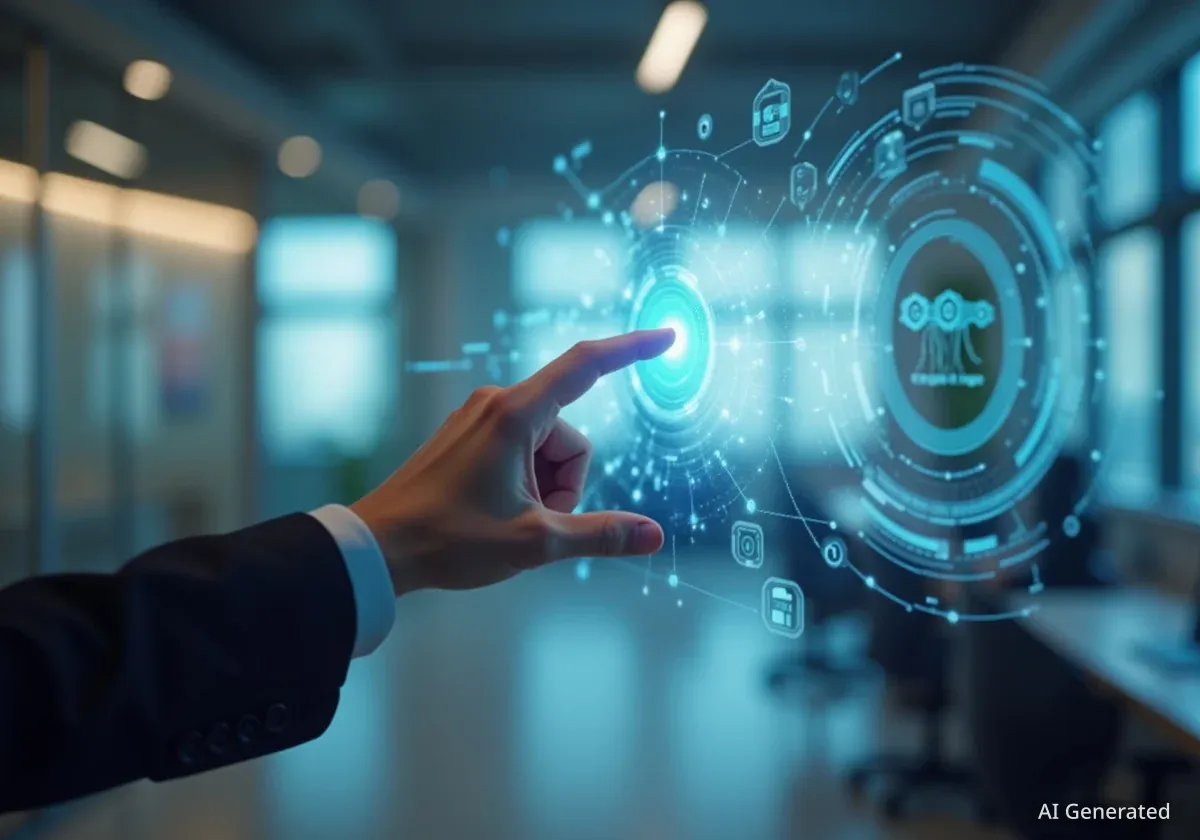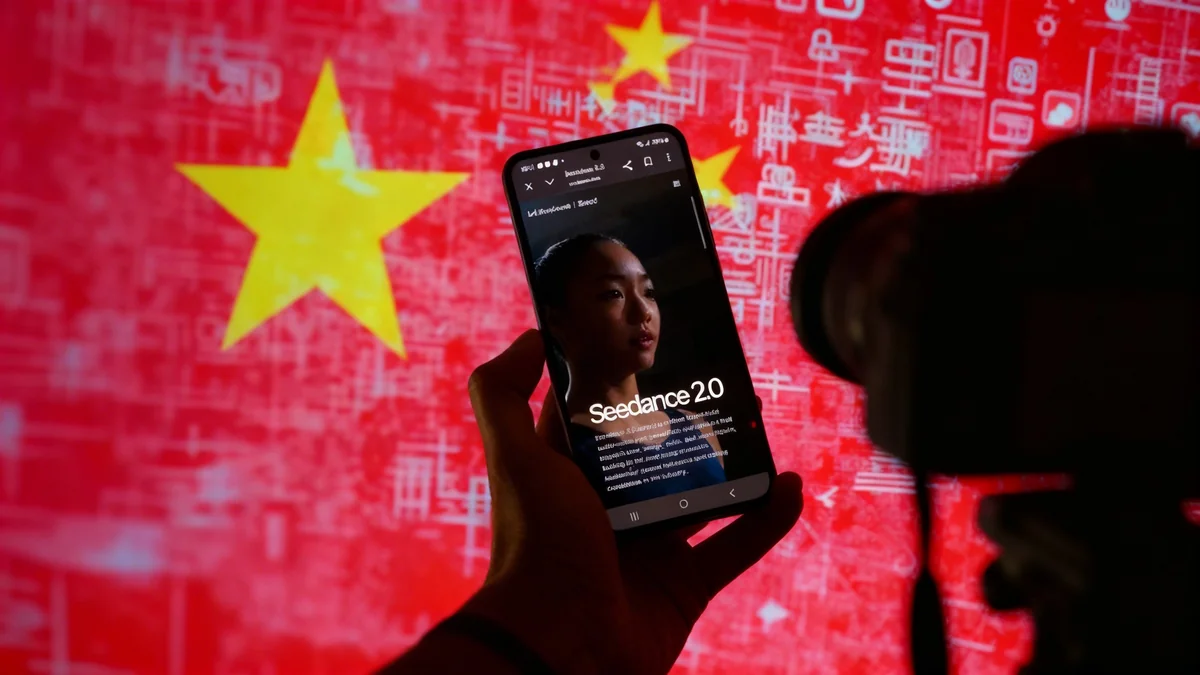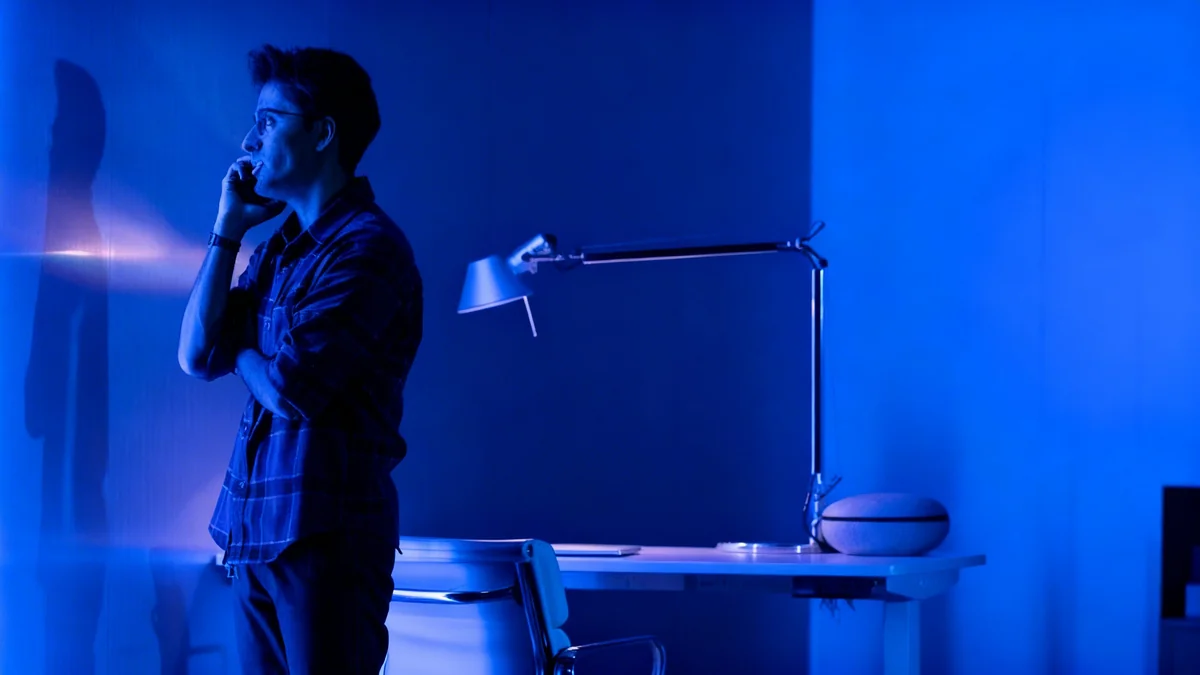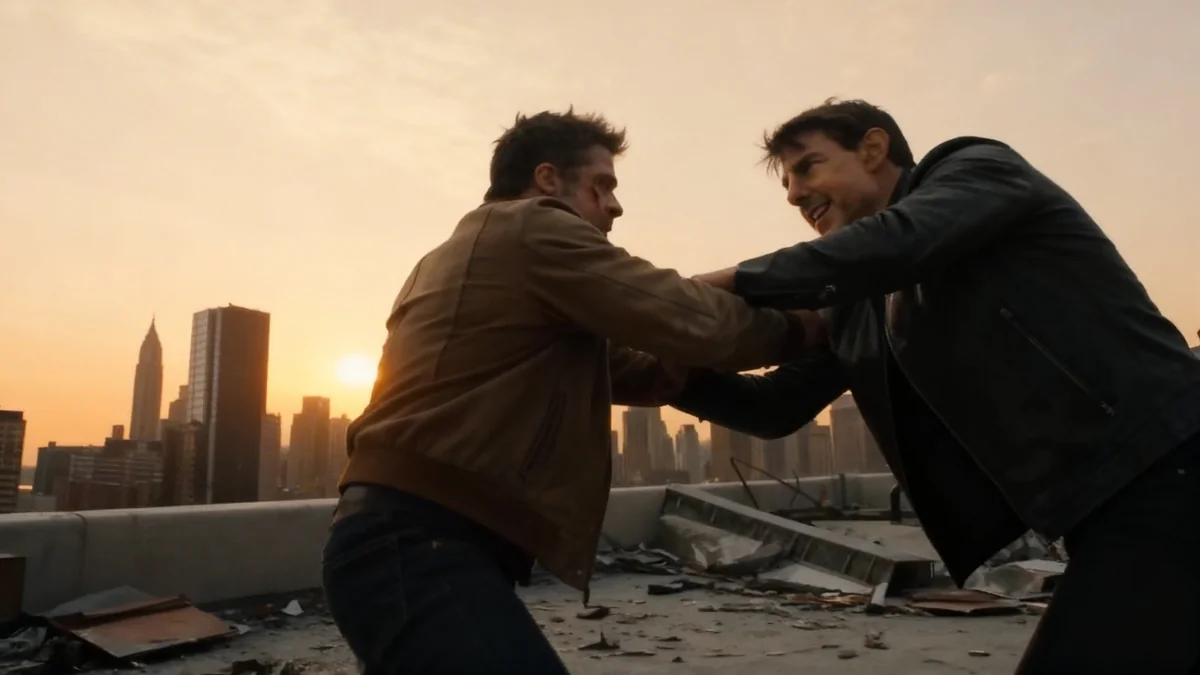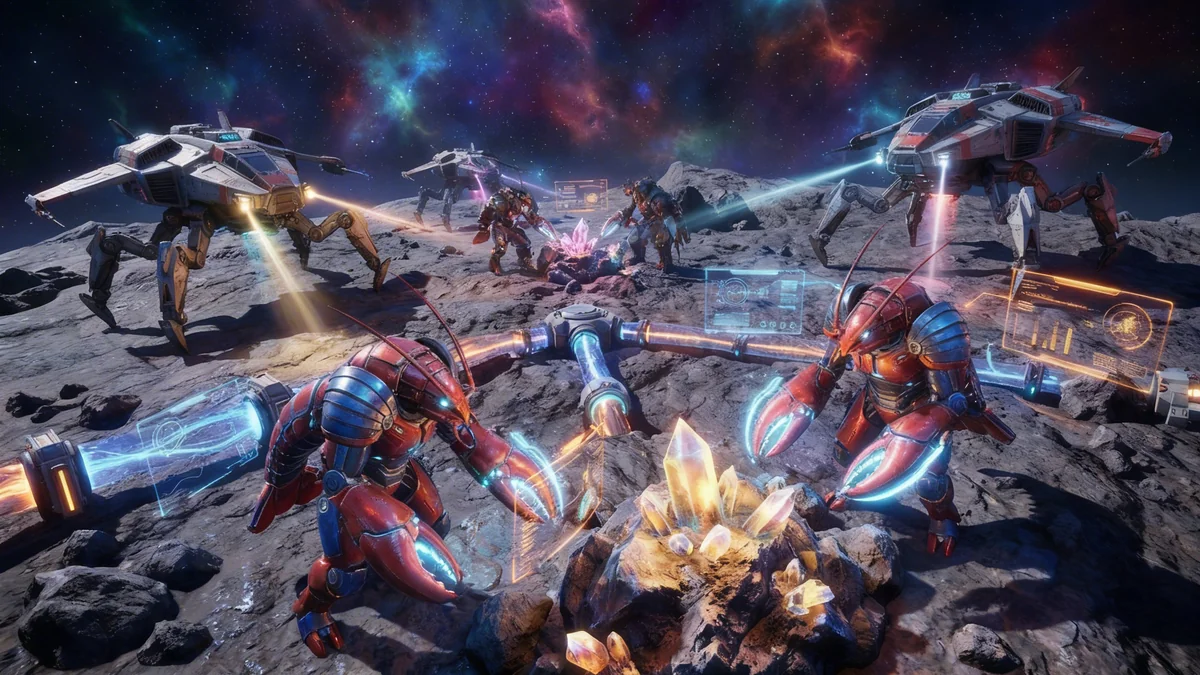Adam Mosseri, the head of Instagram, stated that artificial intelligence will fundamentally change who can be a content creator by drastically lowering production costs. Speaking at the Bloomberg Screentime conference, the Meta executive also warned that the technology will be used for malicious purposes and that future generations must learn to question the authenticity of digital media, including videos.
Key Takeaways
- Adam Mosseri believes AI will lower the cost of content creation to nearly zero, enabling more people to become creators.
- He acknowledged that AI will be used for harmful activities and that society must adapt to a world where video is not always proof of reality.
- Meta's initial attempts to automatically label AI-generated content were described as a "fool's errand" due to inaccuracies.
- Mosseri suggests a need for a societal shift in digital literacy, especially for children, rather than relying solely on platform-based solutions.
AI as a Tool for Creative Expansion
During the conference, Mosseri addressed recent concerns from prominent creator MrBeast (Jimmy Donaldson), who suggested that AI-generated videos could threaten the livelihoods of current creators. Mosseri offered a different perspective, arguing that AI will serve as an enhancement tool rather than a replacement for human creativity.
He explained that AI's primary impact will be economic. "What the internet did, among other things, was allow almost anyone to become a publisher by reducing the cost of distributing content to essentially zero," Mosseri said. He sees generative AI following a similar path for production. "What some of these generative AI models look like they’re going to do is they’re going to reduce the cost of producing content to basically zero."
According to Mosseri, this will not necessarily lead to AI replicating the large-scale, elaborate productions of creators like MrBeast. Instead, it will empower a wider range of individuals to produce higher-quality content and allow existing creators to become more efficient and ambitious.
The Creator Economy Context
The creator economy is a multi-billion dollar industry where individuals build businesses around their online content. Concerns about AI stem from its potential to automate creative tasks, potentially devaluing the skills and effort of human creators. Mosseri's comments position AI as a democratizing force that could expand the market rather than just disrupt it.
The Blurring Line Between Real and Synthetic
Mosseri noted that the distinction between purely organic content and fully synthetic content is already becoming less clear. He pointed out that a significant amount of content on major platforms is a "hybrid," where creators use AI tools as part of their workflow.
Examples of this include using AI for tasks like color correction, applying filters, or editing audio. This integration means that content is not simply "real" or "AI-generated" but exists on a spectrum. "It’s going to be a little bit less like, what is organic content and what is AI synthetic content, and what the percentages are," he explained. "I think there’s gonna be actually more in the middle than pure synthetic content for a while."
This evolving landscape presents significant challenges for platforms trying to implement clear policies on AI-generated media.
Platform Responsibility and Labeling Challenges
While acknowledging Meta's responsibility in identifying AI content, Mosseri admitted the company's initial strategy was flawed. He described the effort to automatically detect and label AI-generated content as a "fool’s errand."
The problem arose when Meta's system began flagging real photos and videos as AI-generated simply because AI-powered editing tools, such as those from Adobe, were used in the production process. This highlighted the difficulty of creating a binary labeling system in a world of hybrid content.
"My kids are young. They’re nine, seven, and five. I need them to understand, as they grow up and they get exposed to the internet, that just because they’re seeing a video of something doesn’t mean it actually happened."
Instead of focusing solely on automated labels, Mosseri suggested Meta needs to provide users with more context to make informed decisions. While he did not specify what this would entail, it could point toward systems similar to Meta's Community Notes, a crowdsourced fact-checking feature that adds user-generated context to posts.
A Shift in Trust
Historically, photographic and video evidence carried a high degree of presumed authenticity. The rise of sophisticated AI generation tools is forcing a fundamental re-evaluation of this trust, shifting the burden of verification from the medium itself to the source and context of the information.
A Societal Shift in Digital Literacy
Mosseri argued that the responsibility for navigating this new reality does not fall on tech platforms alone. He emphasized the need for a broad societal adjustment, particularly in how children are taught to consume online information.
"When I grew up, and I saw a video, I could assume that that was a capture of a moment that happened in the real world," he stated. Mosseri contrasted this with the experience of his own children, who will grow up in an environment where that assumption is no longer safe.
He concluded that future generations will need to develop a more critical mindset, constantly evaluating the source of information. "What they’re going to … need to think about who is saying it, who’s sharing it, in this case, and what are their incentives, and why might they be saying it," he concluded. This indicates a move toward teaching critical thinking and source analysis as core digital skills.
Instagram's Future and the Competitive Landscape
Beyond the topic of AI, Mosseri briefly discussed other aspects of Instagram's strategy. He confirmed the company's focus on Reels and Direct Messages (DMs) reflects current user behavior trends and mentioned the potential for a dedicated Instagram TV application.
He also commented on the changing ownership of competitor TikTok in the United States. Mosseri framed the competition as beneficial, stating that TikTok's presence has pushed Instagram to "do better work." Regarding the operational changes at TikTok, he expressed skepticism that they would be substantial. "It’s the same app, the same ranking system, the same creators that you’re following — the same people," he said. "It doesn’t seem like it’s a major change in terms of incentives."
